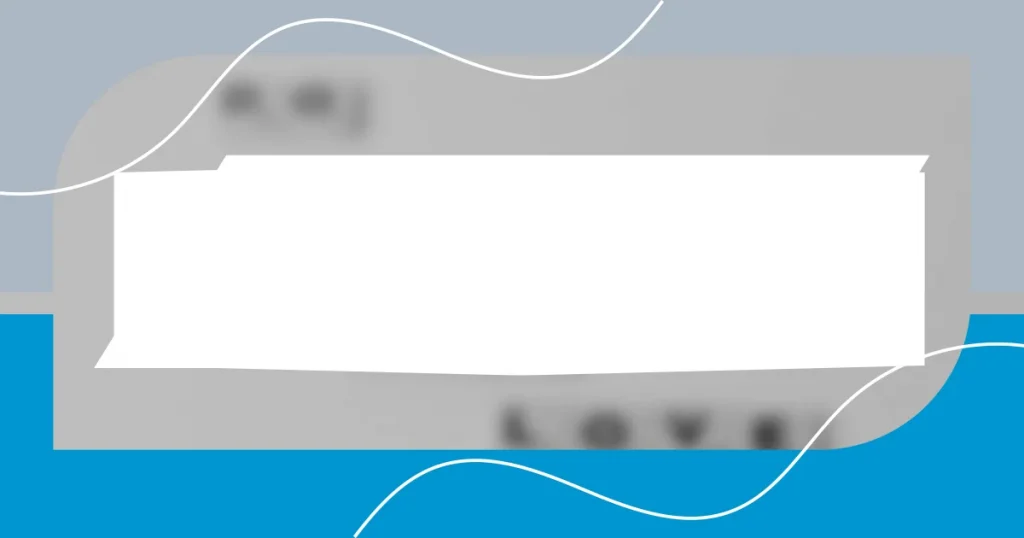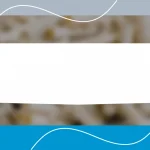Key takeaways:
- Reflect on the interview immediately after it concludes to identify strengths and areas for improvement, and document key insights to aid future performance.
- Send a personalized thank-you note within 24 hours to reinforce interest and professionalism, enhancing your connection with the interviewer.
- Maintain an open mindset by exploring multiple opportunities and networking post-interview, which can lead to valuable insights and unexpected job offers.
What to Do Immediately After
Once the interview wraps up, I usually take a moment to breathe and collect my thoughts. This immediate reflection helps me process the conversation while it’s still fresh. I often ask myself, “What went well, and what could I have improved?” This self-assessment sets the stage for my next steps.
Next, I jot down notes about the interview as soon as I can. This includes key points discussed, my impressions of the company culture, and any questions I may have. I remember one time I forgot to write things down right away, and all the little details slipped away. It was a frustrating experience that taught me the value of capturing moments while they’re still vivid in my mind.
Finally, I make it a routine to send a brief thank-you email within 24 hours. Expressing gratitude not only shows professionalism but also keeps me top of mind for the interviewer. I can recall a case where a simple, sincere thank you made a significant impact on my candidacy. Have you thought about what kind of note would resonate most with your interviewer? Trust me; it can set a positive tone moving forward.
How to Evaluate Your Performance
When evaluating your performance after an interview, it’s essential to consider both your strengths and weaknesses honestly. I typically take time to revisit specific moments of the interview that stood out to me. For instance, during one interview, I noticed I stumbled over a question about my previous experiences. Reflecting on that, I realized the importance of being more prepared for questions about my background. It’s a bit like watching a replay of a game; you highlight the plays that worked and those that didn’t.
Here are some key aspects to evaluate:
- Clarity of Communication: Did you articulate your thoughts clearly? Were there moments where you felt misunderstood?
- Engagement with the Interviewer: Did you maintain eye contact and exhibit enthusiasm throughout the conversation?
- Response to Questions: Were your answers structured and relevant? Did you provide examples that supported your points?
- Awareness of the Company’s Needs: How well did you connect your skills to the company’s requirements? Did you illustrate your fit for the role convincingly?
- Post-Interview Follow-Up: Did you send a thank-you email that reflected your appreciation and reinforced your interest in the role? How did it feel to express that gratitude?
Sending a Thank You Note
Sending a thank-you note after an interview has become a critical step in my job application process. I find that a well-crafted note, expressing genuine appreciation, can leave a lasting impression. Once, I responded to an interviewer’s detailed feedback on my skills, and my acknowledgment led to a continued dialogue that ultimately resulted in a job offer. This experience highlighted how a simple gesture of gratitude can reinforce a positive connection.
In terms of timing, sending that note within 24 hours is my golden rule. It keeps the conversation fresh and shows my enthusiasm for the position. I often personalize my notes by mentioning something specific we discussed. For instance, I once referenced an interesting project the team was working on; it showcased my attentiveness during the interview and resonated well with the interviewer. Isn’t it fascinating how the right details can turn a standard note into a memorable one?
The format of the thank-you can vary, but I prefer emails, as they are immediate and allow for a more personal touch. Handwritten notes are lovely but may take too long to reach the interviewer. It’s about finding the right balance between formality and intimacy, ensuring that my voice shines through. The emotional connection fostered through such correspondence can be incredibly powerful, often making the recipient feel valued and respected.
| Type of Note | Pros |
|---|---|
| Immediate response and customizable | |
| Handwritten | Personal touch but slower delivery |
Following Up with the Interviewer
Following up with the interviewer is an often-overlooked yet crucial step in the post-interview process. After one particular interview, I chose to reach out a few days later, not just to express thanks but to address a topic we discussed. I mentioned a book the interviewer had recommended and shared my thoughts on it. It felt so organic and not just transactional—like continuing a conversation we had started. It really made an impression and showed I valued their input.
I usually aim to follow up within a week of the interview. This reminds the interviewer of my eagerness without overpowering them. Recently, I decided to check in on a position I was particularly excited about but hadn’t heard back from. I crafted a friendly note, reiterating my interest while asking if they had any updates. The response I received was warm and reassuring, and it opened the door for further dialogue. Have you ever considered how this simple act can transform your standing in their eyes?
In my opinion, the tone of your follow-up matters greatly. I always strive for an upbeat and professional vibe in my messages. A few weeks ago, I followed up with an interviewer after a panel interview. I kept it light yet respectful. My tone felt like two colleagues sharing strides rather than a candidate simply seeking confirmation. This approach nourishes the relationship and keeps the conversation going—and that, I’ve found, can sometimes lead to unexpected opportunities down the line.
Reflecting on the Experience
Reflecting on the experience is a vital part of my post-interview routine. I often take a quiet moment to think about how the interview unfolded. What went well? What could I have done differently? I recall one interview where I felt particularly nervous but managed to answer a tough question creatively. That feeling of overcoming my anxieties was empowering and made me realize the importance of self-reflection in my growth.
Afterward, I jot down my thoughts in a journal, capturing the highlights and lowlights. It’s surprising how much clarity this process brings. One time, I noted that while my answers were solid, I realized I hadn’t showcased my team collaboration skills as well as I’d hoped. This insight led me to prepare better for my next interview by practicing my team-oriented anecdotes. Reflecting this way helps channel my experiences into actionable improvements.
I also think about how the company dynamic resonated with me. Did the team culture feel like a good fit? During one interview, the energy and enthusiasm in the room were infectious, leaving me genuinely excited about the possibility of joining that team. I often ask myself how the role aligns with my values and aspirations. Have you ever considered how reflecting on your experience can transform your perspective on what’s truly important in your career journey?
Preparing for Next Steps
Preparing for the next steps is where I find my focus shifts from reflection to action. After an interview, I take time to research the company further and its recent projects. Last year, after an interview with a tech startup, I delved into their latest product launch and found compelling insights that I could weave into future conversations. This proactive approach not only boosts my confidence but also positions me as someone genuinely invested in the company’s mission.
Another important aspect is updating my resume and LinkedIn profile. I make sure to highlight any relevant experiences or skills that emerged during the interview. Once, I noticed an interviewer responded positively to my leadership example, so I updated my LinkedIn summary to reflect that story. Doing this ensures I am prepared for potential follow-ups while reinforcing my personal brand.
As I gear up for what comes next, I also think about networking. Who in my professional circle could provide insights or connections to the organization? I remember reaching out to a former colleague who had worked there, and his perspective was invaluable. This not only clarified my understanding of the company culture but also opened up networking opportunities that led to further discussions. Have you considered how your existing connections could shape your journey after interviews?
Keeping Your Options Open
Keeping my options open is a mindset I strive to maintain after each interview. I often remind myself that just because one opportunity feels promising, it doesn’t mean I should put all my eggs in that basket. For instance, during my job search last year, I interviewed at a firm that seemed like a perfect fit. But instead of dismissing other leads, I continued applying elsewhere. That strategy eventually led me to a role that not only matched my skills but also exceeded my expectations in terms of growth opportunities.
I also find value in connecting with multiple organizations during my search process. It’s fascinating how talking to different companies can reshape my understanding of what I truly want. I remember a time when I was interviewing for a couple of positions simultaneously. One day, an interviewer shared insights about their company vision, which contradicted what I had learned from another organization the day before. This contrast helped me realize what aspects were non-negotiable for me. Have you ever thought about how comparing offers can clarify your priorities and aspirations?
In many ways, keeping my options open also involves building relationships with multiple stakeholders. After an interview, I’ll often send follow-up notes not just to the interviewers, but anyone I spoke with during the process. This practice not only reinforces my interest in the role but also expands my network for future opportunities. I once connected with an HR manager who later reached out about another position when the right fit came up. Engaging with everyone rather than focusing solely on the decision-makers has occasionally opened unexpected doors for me, making the post-interview space feel rich with potential. What about you? How do you see your network expanding after an interview experience?

